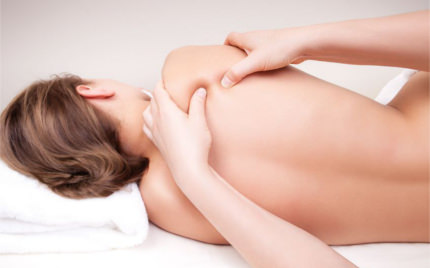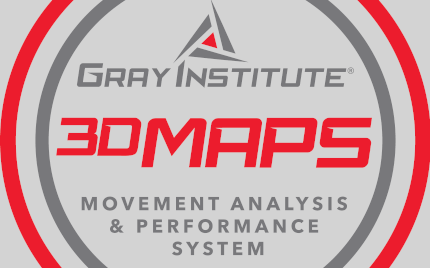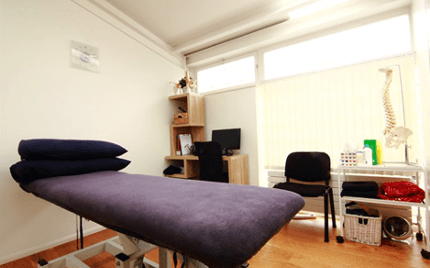During your nine months of pregnancy and for some time after the birth of your baby your body undergoes an amazing transformation. There are some major physiological changes that take place, some of which can have a big impact on your physical body. Being in control of your body is vital to both you and your baby.
Pilates can help you both during and after your pregnancy. One of the many benefits is an increase in pelvic strength and stability that can help during the birth process and assist with postnatal recovery. Pilates can help to reduce the aches and pains sometimes associated with pregnancy and breastfeeding.
Antenatal and postnatal Pilates can help to improve:
- Core stability
- Body awareness
- Posture
- Stamina
- Strength
- Flexibility
- Breathing
- Relaxation
More on antenatal Pilates.
- Antenatal Pilates is a popular form of exercise both during and after pregnancy. If you have never practised Pilates before we recommend that you wait until you are 12-weeks pregnant before starting.
- You can practise Pilates right the way up until your birth and start again as soon as you have had your 6-week check.
- Antenatal classes concentrate on strengthening the muscles used to support your growing baby and will help to relax tension that builds in your back, shoulders and feet where the weight of your baby causes the most strain.
- The strengthening of abdominal and pelvic floor muscles will help during labour and aid a speedier recovery afterward. Many clients have reported shorter labour and a reduced need for pain relief during birth!
Before joining one of our antenatal or postnatal classes, we will ask you to fill in a questionnaire providing more detailed information about your pregnancy or the birth.
If you are new to our studio we will also ask you to attend a Pilates assessment with one of our Chartered Physiotherapists who will study your questionnaire, take a detailed medical history and teach you the principles of Pilates so that you can get the best out of your classes.If you have any specific concerns such as pelvic pelvic pain or a diastasis recti, you can discuss this with the physiotherapist at the time of the assessment.
We look forward to helping you stay healthy, fit and strong during this important part of your life!
{socialbuttons}
SHARE THISMake an enquiry

















We also offer...
Gait and Running Analysis +
Are you running and finding you are constantly plagued with injuries you can't seem to shift? Do you want to… Read More3D Movement Analysis +
The Functional Movement Screen (FMS) is an innovative system used to evaluate movement pattern quality in clients and athletes. Read More